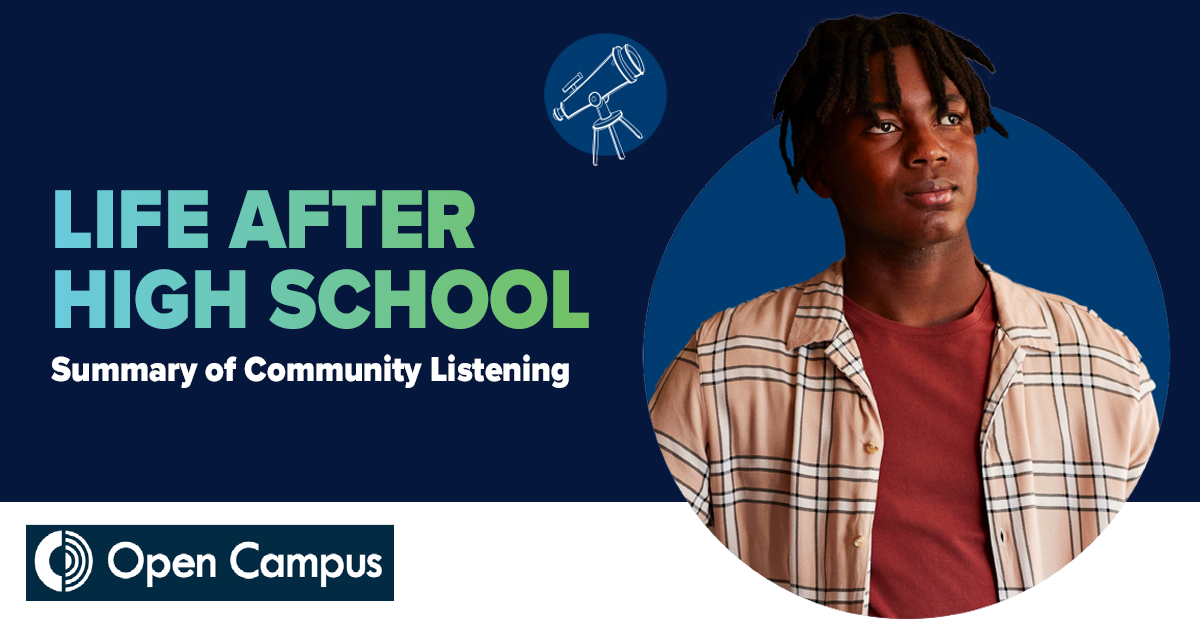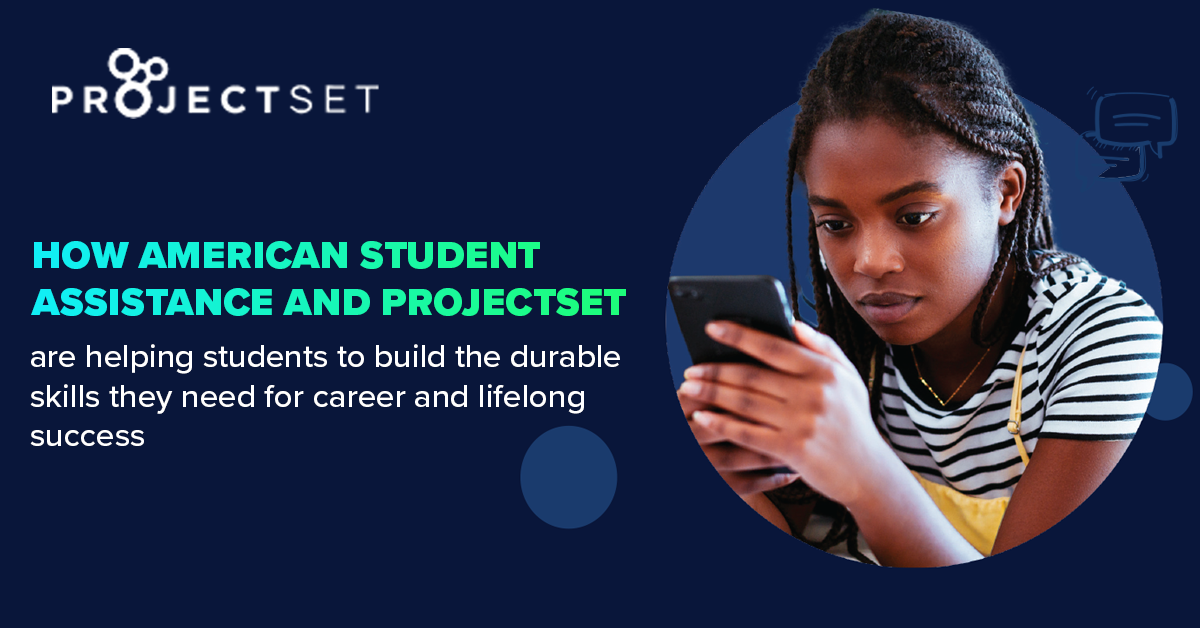American Student Assistance® (ASA), a national nonprofit changing the way kids learn about careers and prepare for their futures, and Open Campus, a nonprofit news organization dedicated to improving local coverage of colleges, have announced key findings of the Life After High School project. The initiative aims to provide a better understanding of how teens learn about their career and college options after high school.
In the first two phases of the project, which included research and listening work from March-November 2024, researchers focused on Chicago and Houston, with some additional research in rural Texas, to gather a wide range of perspectives and understand the unique information needs of their residents. Nearly 200 interviews were conducted with experts representing community-based organizations, trade associations and unions, workforce development organizations, college access and success programs, research consortiums, high school and college students and parents, recent alumni of career training and outreach programs, first generation college students, and members of minoritized communities, including immigrants. The following are some of the key findings from the report:
- Career exposure: Interviewees said they’re not aware of the different career paths they could pursue, and they’re limited to traditional choices as depicted in media, or jobs common in their family and friend networks.
- Mentorship and networking beyond family circles: Families exert influence over young people, in both positive and negative ways. Some people reported feeling undue pressure to attend college, while others appreciated being supported in that way. In addition, while young people recognize the importance of social and professional relationships, they feel unsure of how to build them. Tapping into professional networks that expose students to different career options can be especially valuable for immigrant and low-wealth families.
- Immigrant support: First-generation immigrant families face specific hurdles. Language can often be a barrier, and parents may lack cultural and practical context. A community organization representative who works with Latino immigrants noted that not having information accessible in the primary language of parents and caregivers is a big obstacle to understanding post-high school options.



